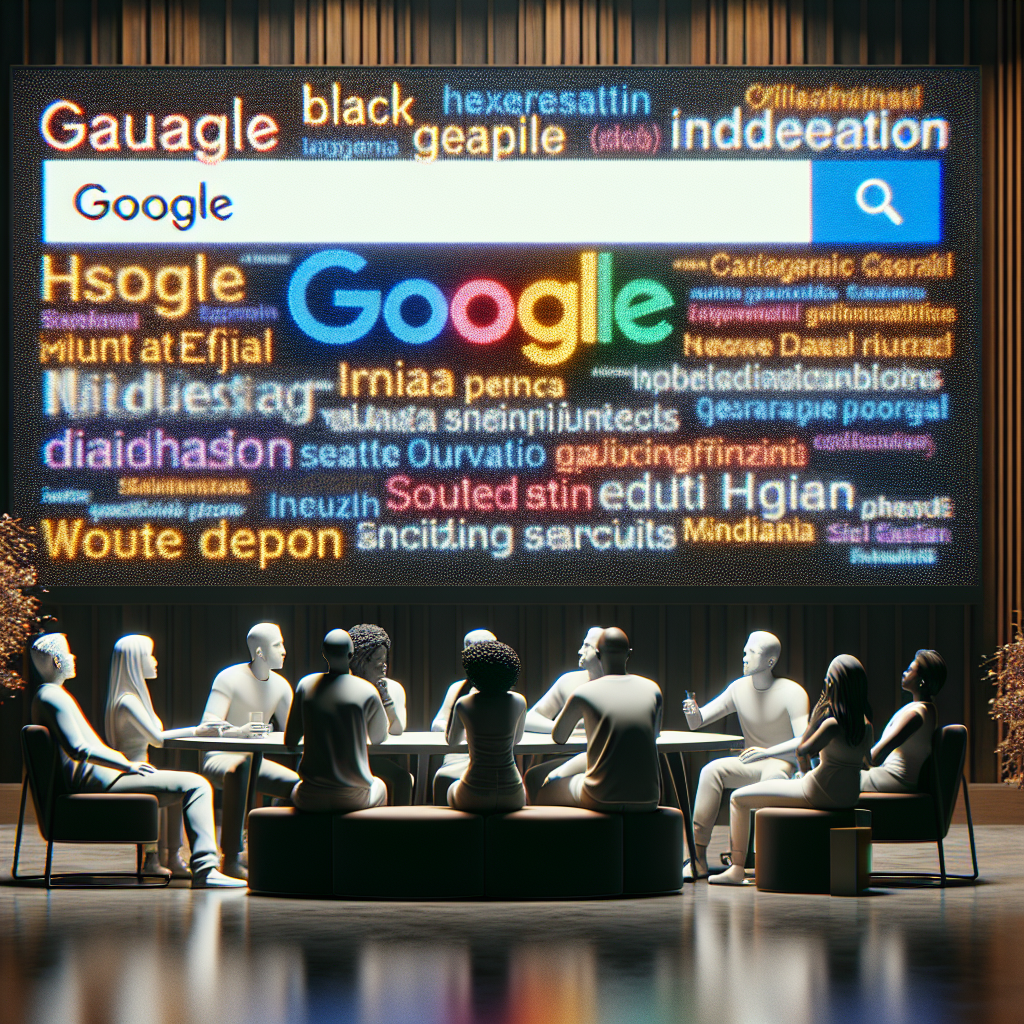
What if tomorrow’s leadership choices depended on today’s trending searches? As India’s political scene heats up, Google India’s search data is providing a rare window into what truly matters to voters. From policy debates to political personalities, these digital footprints reveal more than just curiosity—they’re shaping conversations and perhaps the future of governance itself.
Meet Priya, a Chennai-based entrepreneur who started noticing her WhatsApp groups buzzing with political memes and debates. Her curiosity piqued, she began searching for candidate promises and reforms on Google. Like Priya, millions across India are turning to the search bar to navigate a flood of election information, fueling a digital wave that political parties can no longer ignore.
What’s happening? Political curiosity in India has skyrocketed, driving record surges in Google searches related to election dates, party manifestos, candidate backgrounds, and voting procedures. Trending queries include topics like ‘who is my MP’, ‘how to check name in voter list’, and ‘manifesto comparisons’. Politicians and parties are closely tracking these spikes, adapting their campaign strategies, slogans, and even live Q&A events to address the most-searched concerns. Notably, issues such as youth employment, women’s safety, and agricultural policies top the charts, signaling the electorate’s shifting priorities.
Why does it matter? These search trends do more than map curiosity—they actively shape campaign discourse. Real-time data allows political teams to tweak outreach, counter misinformation, and focus on what resonates with voters at a granular level. For the public, the easy access to nuanced, on-demand information empowers smarter, fact-driven choices at the polls. But there’s a flipside: hyper-personalized messaging can also polarize debates or amplify echo chambers, raising important questions about digital privacy and influence.
What’s next? As the election timeline draws near, voters can expect more interactive digital initiatives—from manifesto launch live streams to candidate AMAs and AI-powered chatbots answering policy queries. Tech companies are also rolling out new tools to combat misinformation and direct voters to official sources. Meanwhile, government and watchdog agencies are on high alert, keenly observing how digital sentiment might translate into real-world votes. The outcomes of this data-driven campaigning could set new precedents for future elections, not just in India, but worldwide.
How do you feel about this shift towards data-driven democracy? Do you see it as empowering, concerning, or both? Drop a comment with your thoughts!
In summary, Google India’s search trends are rewriting the script of political engagement. As citizens search, parties listen, and digital strategies evolve, the ongoing tech-driven transformation promises both opportunities and challenges—offering voters more power, but also demanding greater digital literacy and vigilance.








